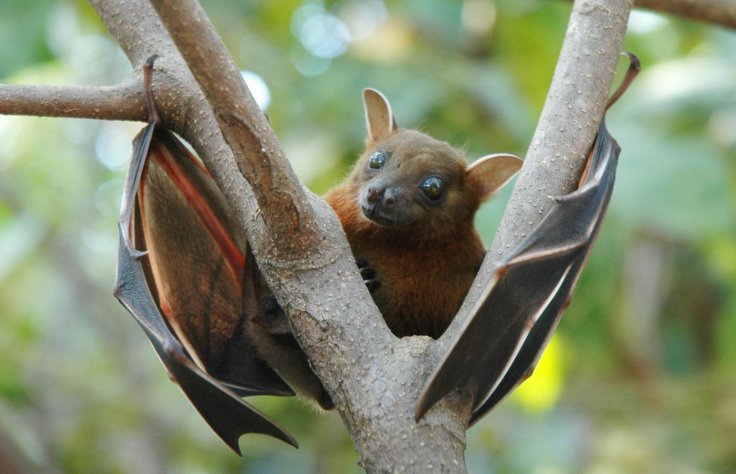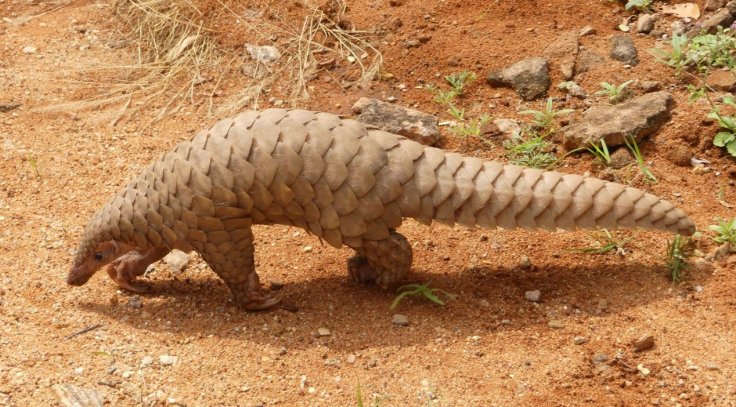The coronavirus pandemic has brought the world to its knees and shows no signs of stopping as it continues its rampant spread across the globe. The unprecedented crisis has forced countries to frantically research a vaccine that could effectively combat the virus that has infected more than four million people and claimed over 283,000 lives.
Did the virus originate in South Africa?
While scientists are yet to confirm the exact origin and cause of the deadly virus, the main consensus is that the outbreak is a result of a zoonotic transmission, which is when animal viruses make the jump from humans through close contact, consumption, or other means.
Researchers believe the virus jumped from bats to an intermediary animal such as a pangolin, before infecting humans. Audrey Delsink, the wildlife director of the African branch of Humane Society International (HSI), now claims that it's possible that the global pandemic may have originated from South Africa before making its way to China.

"People are so concerned that they are the host species and it's not inconceivable to consider that it was a pangolin from South Africa that was in the mix there and was the intermediate host," she told the Daily Express. "The fact of the matter is that we have bats and pangolin here. Bats, especially, host a number of diseases, so in South Africa, we have all those species."
She pointed out that in South Africa, pangolins are one of the most trafficked mammals in the world and are among many other exotic animals that are illegally sold across different parts of the world including South East Asia, which suggests that the virus may have originated from the African country and could be the result of its illegal animal trade.
Pangolins may have consumed bat droppings in Africa
Scientists have found that pangolins have some of the viral genes that are close matches to the genes found in the human strain of the virus, and the "spike protein" which the virus uses to penetrate a cell was nearly identical.
There is a possibility that the wrong pangolin consumed the wrong bat's virus-riddled droppings before being trafficked halfway across the globe and arriving at the wet market in Wuhan, where health officials claim the virus has originated from.

"Bats are very interesting because they have like a super strong immune system - stronger than the human one, and so they harbor a lot of viruses because it just doesn't bother them," Julia Schaletzky, a biochemist at UC Berkeley, explained to NBC News.
The bat may have then shed the virus in its droppings. "This virus particularly is shed in the stool," said Schaletzky, "it is one of the major elimination routes." So, the bat's droppings would carry the virus to the forest floor.
"Potentially a pangolin went rummaging through that leaf litter on the forest floor, foraging for termites or ants and ... picked up the scat from the bat and then took on that virus," said Paul Thomson, Director of Conservation Programs at Wildlife Conservation Network.
In this scenario, the virus then could have infected the pangolin before being poached and trafficked thousands of miles away to the Asian market as meat.









